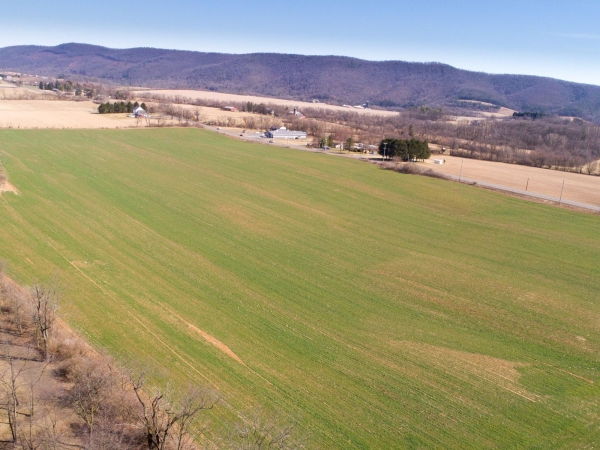Promoting early season plant cover, primarily through the use of cover crops, can be more effective at reducing pest density and crop damage than insecticide applications, according to a Penn State-led team of researchers.
In a newly published study, the researchers suggest that the best pest management outcomes may occur when growers encourage biological control — in the form of pests' natural enemies — by planting cover crops and avoiding broad-spectrum insecticides as much as possible.
The use of cover crops and other conservation-agriculture practices can help reduce erosion and nutrient loss, enhance soil health, and improve pest management, noted study co-author John Tooker, professor of entomology in Penn State's College of Agricultural Sciences. Although the adoption of such methods has increased, he said, the use of pesticides continues to grow in the United States and globally, potentially killing nontarget, beneficial species and reversing pest-management gains from the use of conservation-agriculture tactics.
Read more at Penn State
Image: A cover crop planted on a farm near Spring Mills, Pennsylvania, in March 2020. Researchers say their new study demonstrates that cover crops may be more effective in managing pests than applying insecticides. (Credit: Michael Houtz, College of Agricultural Sciences. All Rights Reserved.)


